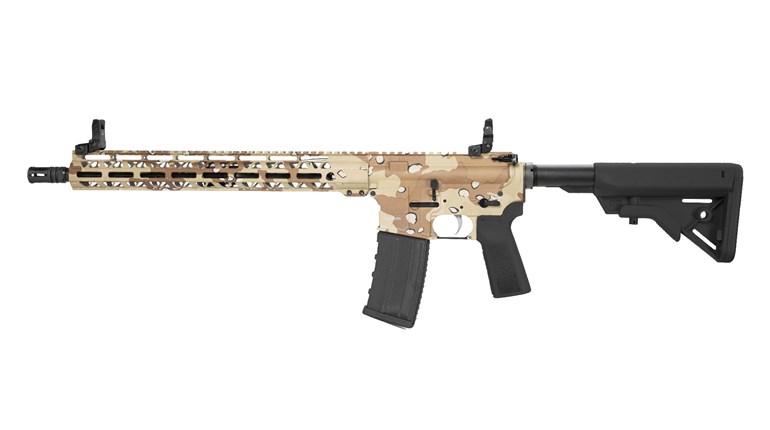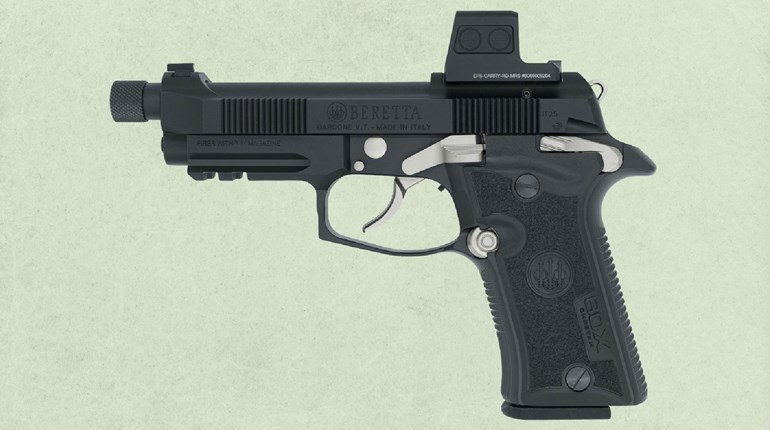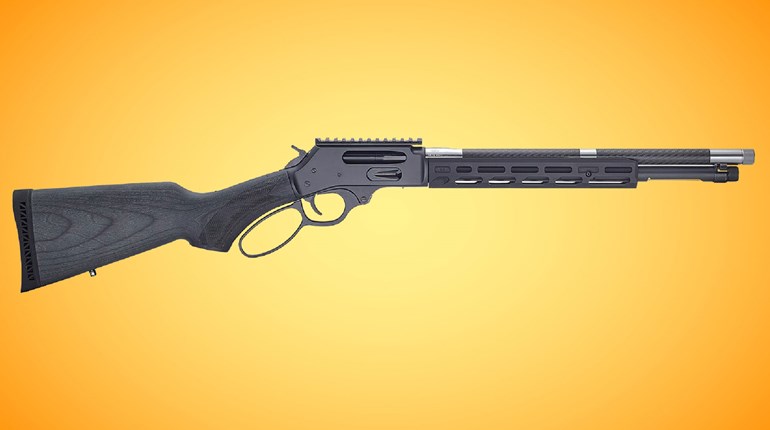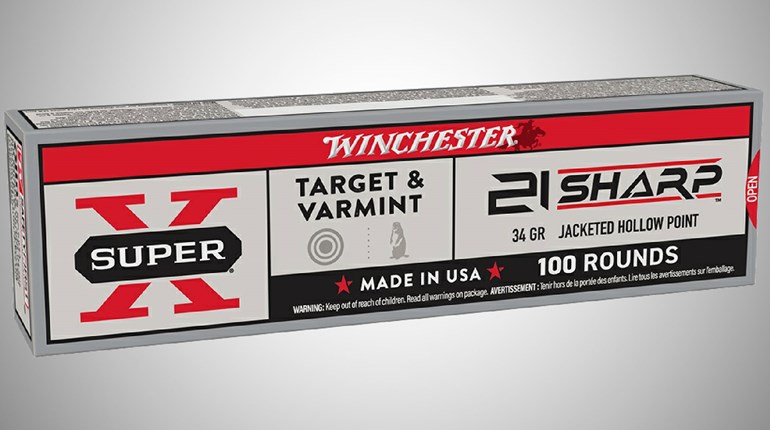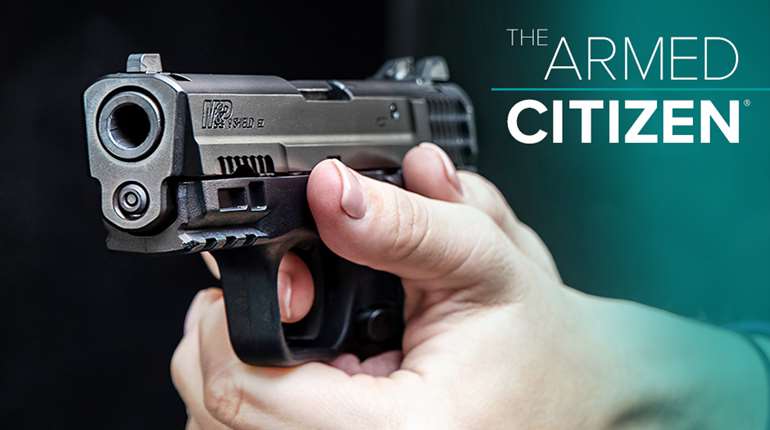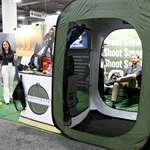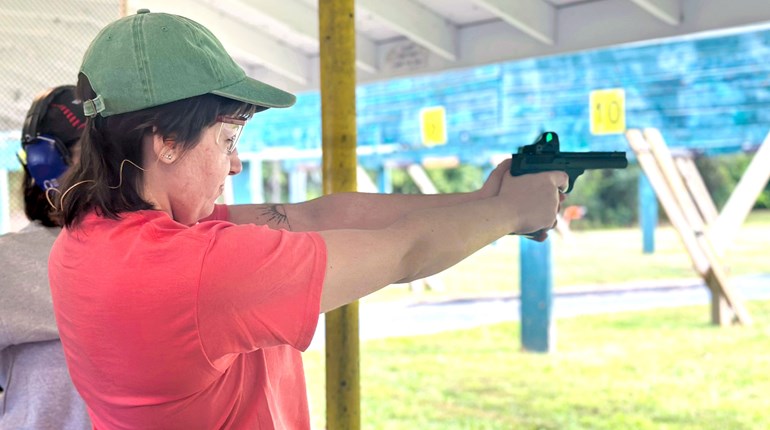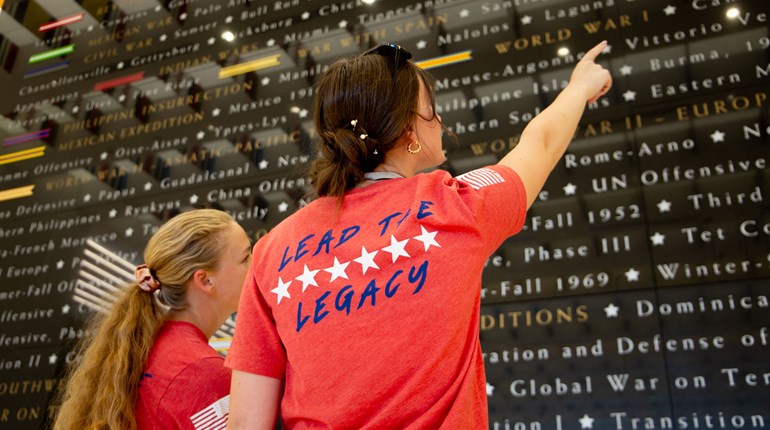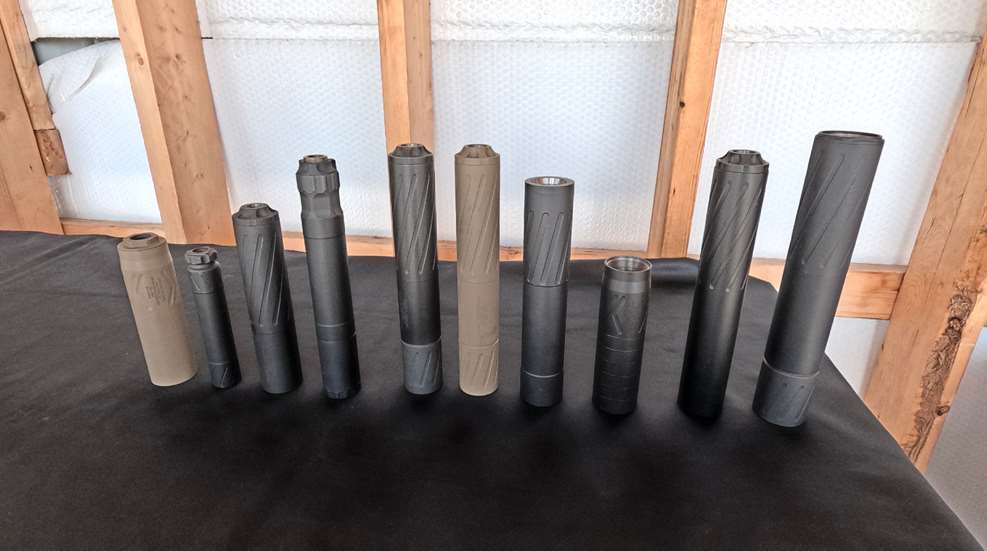
For those who are new to the shooting sports, sound suppressors (a.k.a. silencers) tend to fall into one of two categories. Some folks believe suppressors are illegal to own so they don't even consider investing in them. Others see suppressors as mystery novel and spy movie props with no practical real-world applications. But sports shooters around the country are embracing the benefits of shooting suppressed. In fact, sound suppressors are more popular than ever before with American enthusiasts. This is due in part to more purpose-built sporting suppressors being available and recent changes in the Bureau of Alcohol, Tobacco, Firearms and Explosives (ATF) approval process.
One manufacturer that has worked diligently to educate the public about the benefits of suppressors is Silencer Central. This company makes the process of owning them much more convenient while offering top-shelf in-house products. I've been working with this company's Banish series since 2022. And after a visit to headquarters last year, I was impressed with this company’s high levels of production standards and its streamlined customer services. Let's take a few minutes and answer some of the big questions that crop up when considering one of Silencer Central’s sound suppressors for personal use:

The author had the opportunity to visit Silencer Central headquarters in Sioux Falls, South Dakota.
Why Would I Want to Own a Suppressor?
First and foremost, these canister-shaped muzzle devices reduce the noise levels generated by a gun's muzzle blast. This in turn works to protect the shooter's hearing. They do not, however, “silence” firearms. In some cases, the right gun, ammunition and suppressor combination can be very quiet. But they still make noise and still sound like guns being fired.
How much noise reduction does a suppressor provide? To understand this, it's helpful to have a bit of background on the subject. Noise intensity is often measured in decibels (dB) which uses a logarithmic scale. This means that a 20dB sound is 10 times more intense than a 10dB sound while a 30dB noise is 100 times more intense than 10dB. For comparison, human speech occurs at around at 60 to 65dB. Exposure to sounds that are 95dB or louder should be mitigated with the use of hearing protection and unprotected exposure to noises in the 125dB range will cause noticeable ear pain.

The primary purpose of a sound suppressor is to reduce noise levels which in turn can work to protect a shooter’s hearing.
Unprotected exposure to noises 140dB or greater will cause permanent hearing loss. And most guns produce reports that are this loud or louder. Now, some readers roll their eyes at these numbers when I mention them and say something along the lines of, "Yeah, but I've shot without hearing protection before and I didn't go deaf." That is correct. You will not completely lose all of your hearing from a single gunshot and need to learn American Sign Language to get by. However, the hearing loss caused by repeated, brief blasts of noise is cumulative, or, incremental, in nature. You may not notice the loss at first but by the time you do, it's too late to fix it.
Installing a sound suppressor on the muzzle of your pistol or rifle can reduce the noise levels by as much as 20 to 30dB, or more in some cases. This means that a rifle report of 140dB could be reduced to somewhere around 120dB to 110dB. This reduces the noise to below permanent hearing loss levels. Take it from a guy who has worn hearing aids for the last 30 years (my hearing loss is genetic), protecting your hearing should be a top priority when shooting even if only a few shots might be fired in the course of the day.

Attaching a suppressor reduces muzzle blast and recoil as well as noise.
I've also found that using sound suppressors makes trigger time less fatiguing and more enjoyable. The suppressor not only diminishes the noise levels, it also takes the edge off of the concussiveness of the muzzle blast, lessens the brightness of the muzzle flash, and can work to noticeably reduce levels of felt recoil. All of these qualities come together to make the shooting less jarring and more relaxing which can contribute to better shot placement.
Are Suppressors Really Legal?
The short answer is yes, suppressors are legal to own in the United States of America. But there is a bit more to the answer than that. Let's start with the federal regulations followed by the states. And as with any firearm, ammunition or accessory-related questions, contact a professional in your area familiar with local statutes before you make any purchases.
In 1934, Congress passed the National Firearms Act (NFA) in an attempt to curb the use of "gangster weapons." An outright ban of specified items, including machine guns, short-barrel rifles and shotguns, along with sound suppressors, would have been a direct violation of the 2nd Amendment. Instead, these items became “restricted” under NFA regulations. This means that, generally speaking, Americans can own sound suppressors if they meet certain federal legal requirements. The applicant cannot be a felon, they are required to pay a $200 excise tax per suppressor, and they must complete and receive approval for the federal registration process through the ATF before they can take possession of the suppressor.
Beyond this, each state has its own statutes regarding sound suppressor ownership and use. As of this writing, eight states have banned ownership of sound suppressors within their borders. The other 42 permit residents to own sound suppressors if they meet the federal requirements. However, statutes regarding where and how suppressors can be used vary from state to state. Make sure you understand the regulations in your region of the country before heading out the door with a suppressor in your kit.
Will Silencer Central Help Me With The Paper Work?
One of the reasons I've enjoyed working with Silencer Central is that they are one of the very rare companies that help customers through the federal registration process. Most suppressor makers leave their customers to fend for themselves with what can be an intimidating stack of forms to manage. This company has an experienced team on hand that understands the ins and outs of the paperwork and manages most facets of the process for you. They've been great to work with, willing to answer questions and they send out email notifications when it's time for the customer to take action.
ATF Approval for a Sound Suppressor Takes a Year or So, Right?
Not anymore. It used to be that the ATF Form 4 approval process could take up to 10 months, sometimes longer. But with the fairly recent updates to their systems, the ATF has reduced wait times for those who apply online to around 33 days. That means if you contact Silencer Central now and get the ball rolling, you will most likely have your suppressor in time for hunting season!
Can Suppressors Be Used For Hunting?
Yes, 41 of the 42 states that support suppressor ownership also allow them to be used by hunters. Along with the other benefits mentioned before, using a suppressor makes shots fired less disturbing to the game animals. It also reduces the racket of hunting season for people living nearby. In fact, in many parts of Europe, it is impolite to hunt without a suppressor to reduce noise pollution. Silencer Central offers suppressors specifically designed with hunters in mind, including the Banish Backcountry model.

Inside Silencer Central headquarters is this massive plaque showing the 42 states that allow suppressors.
How Do I Get the Suppressor Once the Paperwork Clears?
Silencer Central has worked with the ATF and state agencies to be able to deliver your suppressor directly to your front door. Your suppressor is stored at their headquarters until approval is received. A bit more paperwork will need to be completed electronically and then the suppressor will ship to a licensed location in your state. After that, it will arrive at your door within 3 to 5 business days. Just remember that an adult will need to be on hand to sign for the delivery.

This company stores customers’ suppressors for them until their NFA paperwork is approved and then ships them right to their front door.
Can Suppressors Shoot More Than One Caliber?
Some suppressors are specialized, meaning they are intended for use with a particular caliber of ammunition. However, several of the Silencer Central Banish models are configured for use with a range of bullet sizes. The Banish 22 suppressor is made of titanium; it's listed with a full-auto rating (meaning it can be used with machine guns) and it can safely shoot .22-caliber and smaller bullets. This includes .22 LR, .22 Short, .22 Mag., 5.7x28 mm and .17 HMR. fired from rifles or handguns. This kind of caliber range allows suppressors to fill several shooting roles. This in turn saves customers money since owning just one or two suppressors can cover most of their shooting needs.

The Banish 22 suppressor makes the single-shot Trailblazer Lifecard .22 LR pistol exceptionally quiet to shoot.
Shown here is a Howa 1500 bolt-action rifle fitted with the Banish 46. It’s sized for big-bore cartridges with bullets up to .45-caliber in size, like the .45-70 Gov’t. But it can also handle the pressures generated by potent cartridges up to and including the .338 Lapua, making it one of most flexible rifle suppressors available. It earned the American RiflemanGolden Bullseye Accessory of the Year award in 2023. For those who are curious, this particular Howa is chambered in .350 Legend, making the Banish 46 an ideal fit with a noise reduction potential of 34.5dB or more.

The Banish 46 suppressor can be used with .45-caliber or smaller rifle cartridges.
What If the Suppressor Doesn't Fit My Barrel?
The vast majority of sound suppressors are fitted with removable end caps. The port in this cap, which is twisted onto a threaded barrel, can have different sizes of threads, or thread pitch. This threading can either twist to the right (right-handed, or RH) or to the left (LH). The thread pitch used for a given suppressor depends on the size of the barrel and the caliber being fired. A common thread pitch here in the United States is 1/2 x 28 TPI (threads per inch) with a right-handed twist. It's commonly used with threaded barrels for AR-15 rifles, .22 LR carbines and 9 mm pistols. But other thread pitch sizes that show up with other calibers can include 5/8x24, .578x28, 1/2x36 and so on.

Silencer Central also offers in-house barrel threading services.
To ensure you get the right fit of end cap for your particular firearm, check with the manufacturer of that gun or look in the owner's manual to verify the thread pitch and make sure your suppressor comes with a compatible end cap. If your current cap does not match your barrel, then contact Silencer Central and work with them to order a replacement end cap. But what if the muzzle of your gun isn't threaded at all? Silencer Central provides barrel threading services as well!
I Still Have a Few More Questions.
If you've made it this far and still have some questions, Silencer Central provides an extensive Q&A section on their company website. You can also send an email to [email protected] or give them a call at 866-891-4494.
To see some the Banish sound suppressors in action, take a look at these rifle reviews:
Henry’s .360 Buckhammer Recipe for "Canned" Venison
Review: Suppressed Howa 1500 Mini in 350 Legend
Henry Repeating Arms & The "Quiet Frontier"













